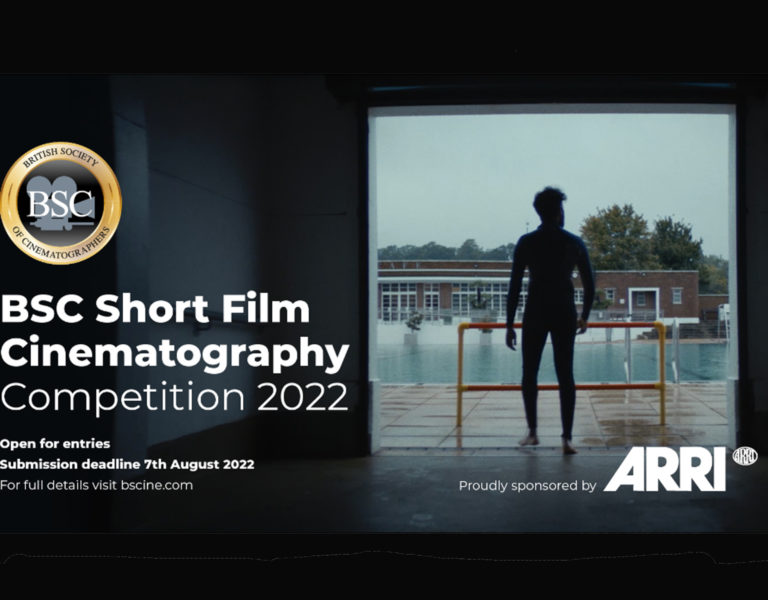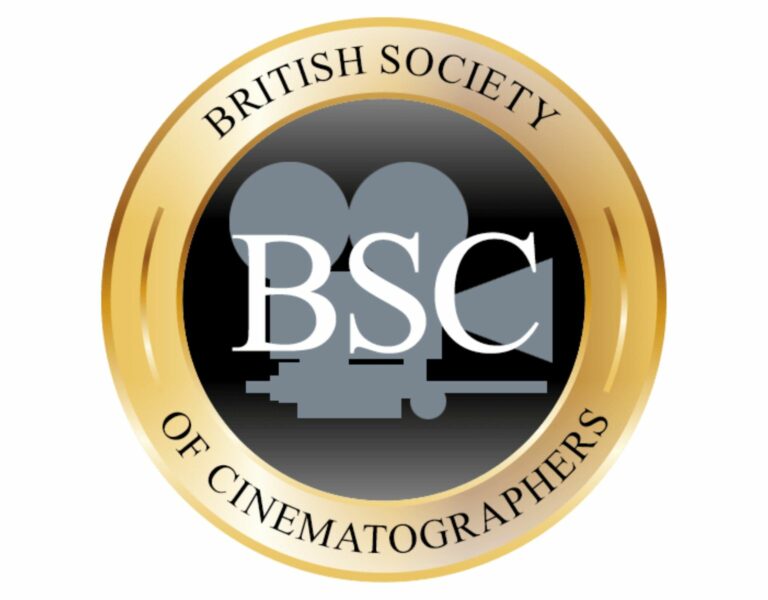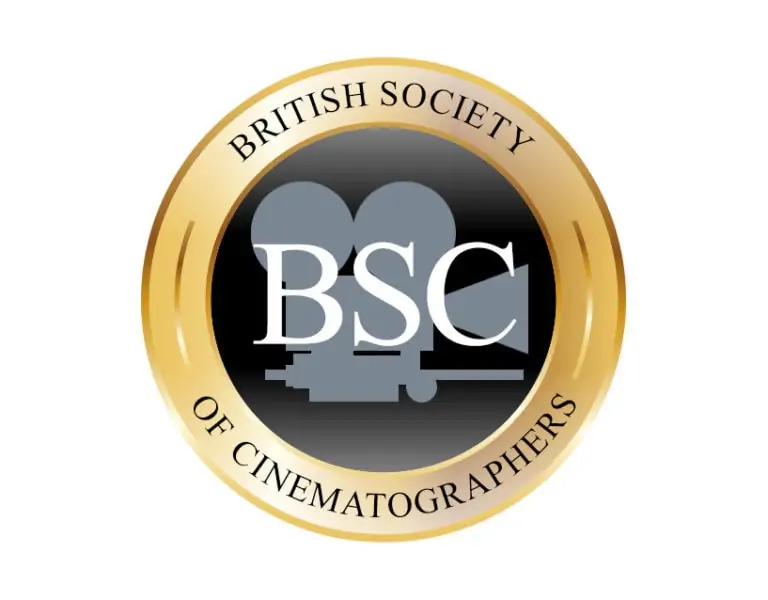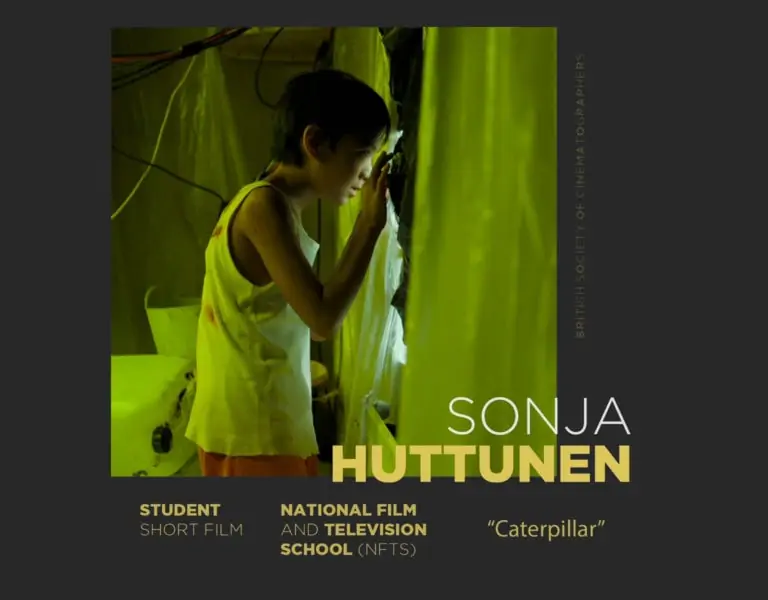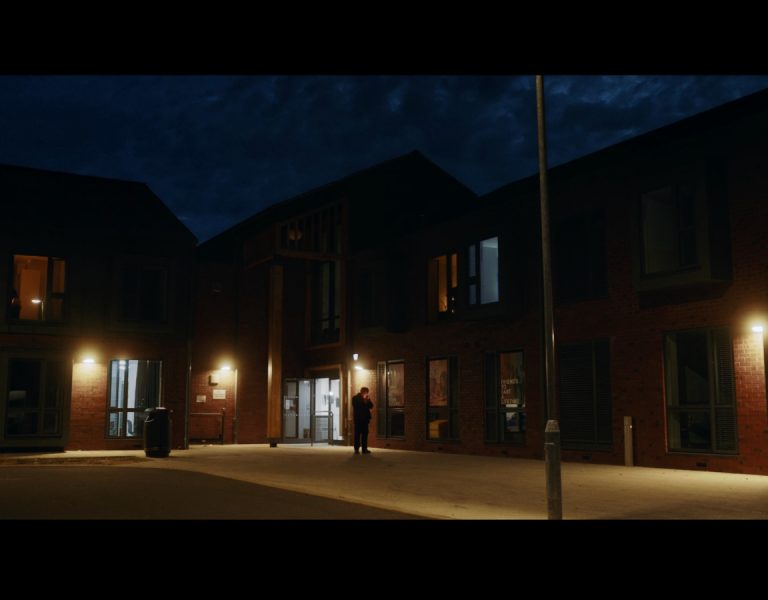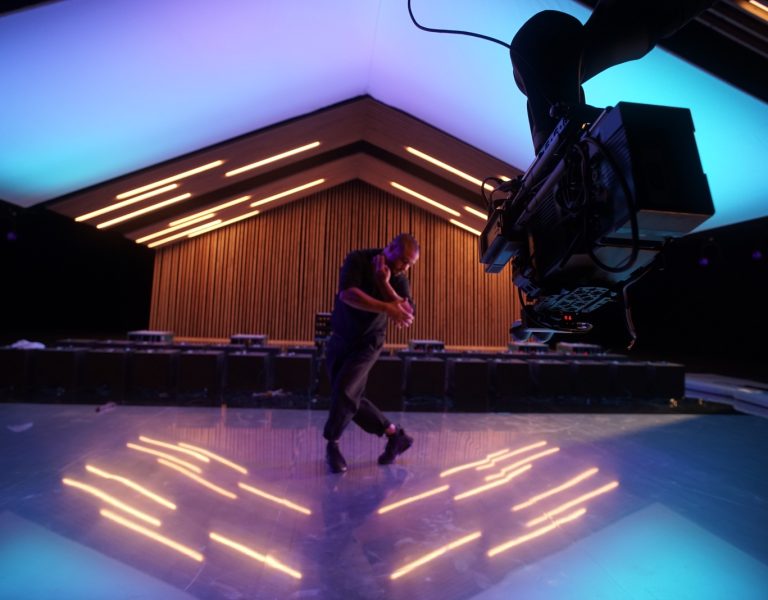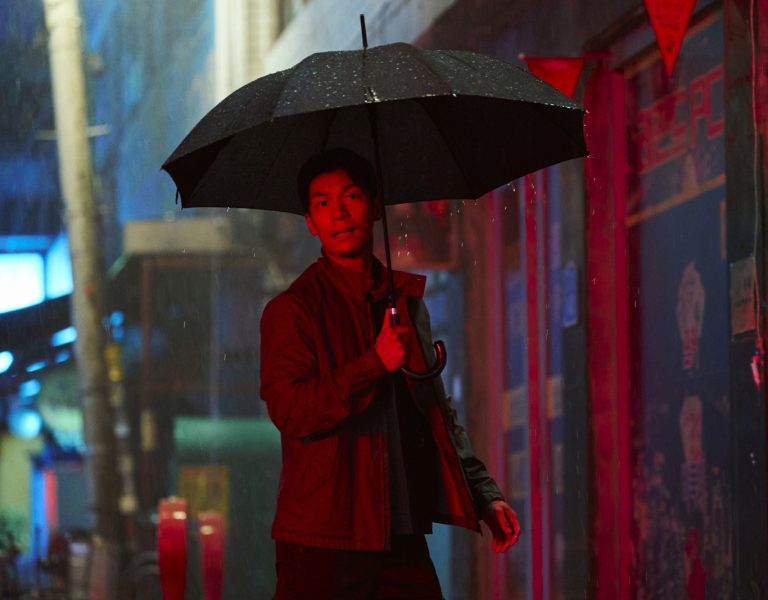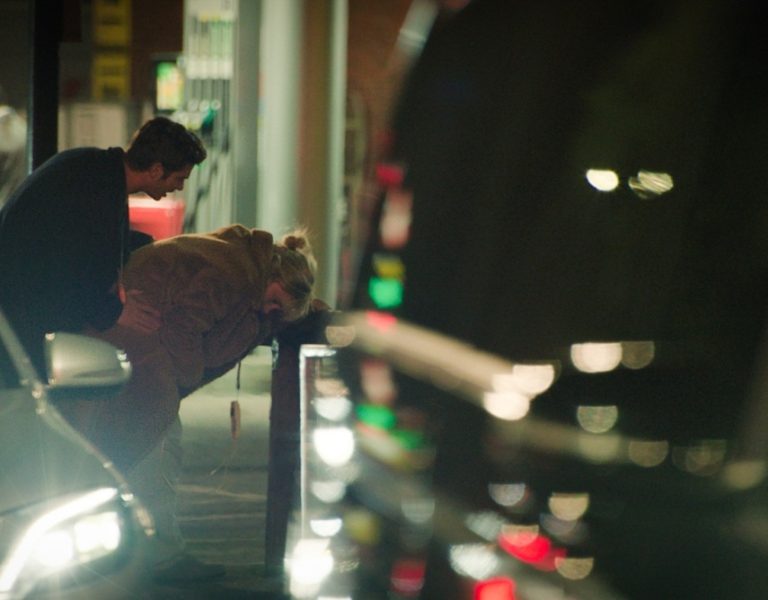BRIEF ENCOUNTERS
The cinematography community gathered in London’s film heartland in October to celebrate the winners of the BSC Short Film Competition. The annual contest champions the best short-form cinematography and in 2022, two first-time winners have been awarded the top prizes.
Michael Filocamo came out on top in the BSC Club Category for his work on Baba, directed by Sam Arbor and Adam Ali. The winner of the Student Category was Whiteboy, shot by NFTS student Jack Edwards (dir. Matty Crawford). Both winners receive a camera rental package from the event’s sponsor, ARRI.
Nominated for their cinematography in the BSC Club Category were Aaron Rogers (Bando), Tristan Chenais (Edicius) and Luciana Riso (The Future Isn’t What It Used To Be); meanwhile, the Student Category nominees were Estefania Carpio (Brutal), Jamie Touche (Trinou) and Lukáš Bistřický (Virile).
“The jury is often overwhelmed by the quality of the films submitted, and 2022 was no exception,” commented Laurie Rose BSC, the society’s vice president. “If this is the very earliest work of graduates and emerging cinematographers then the future of cinematography is in very safe hands, all encompassed by the BSC Club. A pleasure to judge, and exciting to reward the very best of an incredible field. More please!”
BSC CLUB WINNER
After studying at art school, it was a chance encounter in Sydney that set Australian-born Michael Filocamo on the path to becoming a cinematographer. “One night I met an amazing woman at a party who told me I should become a DP and go to film school,” he recalls. “I didn’t really know what a DP actually did but I eventually ended up doing a camera assisting and basics of cinematography course at the AFTRS (Australian Film Television and Radio School).”
The Cinematography MA at the NFTS later beckoned and Filocamo is now based out of London. He joined Baba after a DP friend had to drop out due to other commitments, and after chatting to directors Sam Arbor and Adam Ali, they decided to work together. “I’d never worked with co-directors before, especially having one in front of and one behind the camera,” he admits. “It made for a more collaborative process because we each had to be really upfront with what we were thinking.”
Baba follows a queer Libyan teen, Britannia, as he decides whether to stay or leave his homeland. Filocamo opted to shoot on the ARRI Alexa Mini paired with ZEISS Super Speed MK2s. “I think they create a feeling without drawing attention to themselves, and they have a painterly quality I really like which I felt acted as an interesting counterpoint to the subject of the film,” he notes about the lenses.
Trying to recreate North Africa while shooting in northern England was the production’s biggest challenge. “The biggest challenge was making sure that the places we chose were true to Libya without it becoming what we thought Libya could look like,” he says. “[One sequence] cuts between the tunnels under Manchester Baths, to the inside of a cow milking run that we built a tiny section of street in with a manhole, to the attic of a stately home, then back to the plant room under Manchester baths. We really built a lot of locations on screen out of tiny sections of real places.”
What would be a dream project for Filocamo, who cites the work of Ed Lachman ASC and Hélène Louvart AFC as inspirations? “I always feel so torn when I’m asked this!” he confesses. “I’m someone that can love musicals, horror and art equally. But to be honest I’d love to shoot a drama that really moved people and made them feel something while being entertaining. I’m always looking for that really, do I feel anything when I read this script? Have I seen this story before? Or is this a new approach?”
STUDENT WINNER – Jack Edwards
Edwards’ interest in photography stems from his childhood, when his mother took him to the local skatepark and they spent the day taking photos. “She taught me how to expose on film, some of the general rules of how to expose without a lightmeter and from there cameras became an obsession,” he remembers. The pair would also watch and critique films when Edwards was young, instilling in him a love for the moving image – although working in the industry felt like a pipe dream for someone without much money or connections. “All I really knew was I wanted to be a camera person and so I just started doing anything and everything that had anything to do with photography or filmmaking,” he adds.
After university, he worked on the PWA Windsurfing World Tour intermittently for four years, while starting to climb the career ladder. He began as a freelance AC and quickly worked my way to 1st AC, AC’ing for around seven years before the hunger to become a DP took over and he was accepted onto the NFTS’ Cinematography MA course.
Edwards had previously worked with Whiteboy’s director, Matty Crawford, on the film Culling the previous year, so given the pair’s similar sensibilities, teaming up again felt like a no-brainer. Shot on the Alexa Mini with a collection of E Series, Ultra Gold High Speed and Primo anamorphics from Panavision, Whiteboy follows a young boy plucked from life in England and moved to the Philippines due to his parents’ separation. “Sometimes the best short films are just a moment in time. I guess that’s like most films but I really enjoy the fact that sometimes something relatively short can give a feeling or a sensation or a snippet of something bigger,” he muses.
How did it feel to be recognised at the BSC Awards? “It was hard not to cry!” he admits. “It’s been 12 years of hard graft to even begin my career as a DP (20 if you count from when I first started taking photos!) and also a lot of sacrifices personally, but it was like a slap on the back saying ‘keep going’!”
